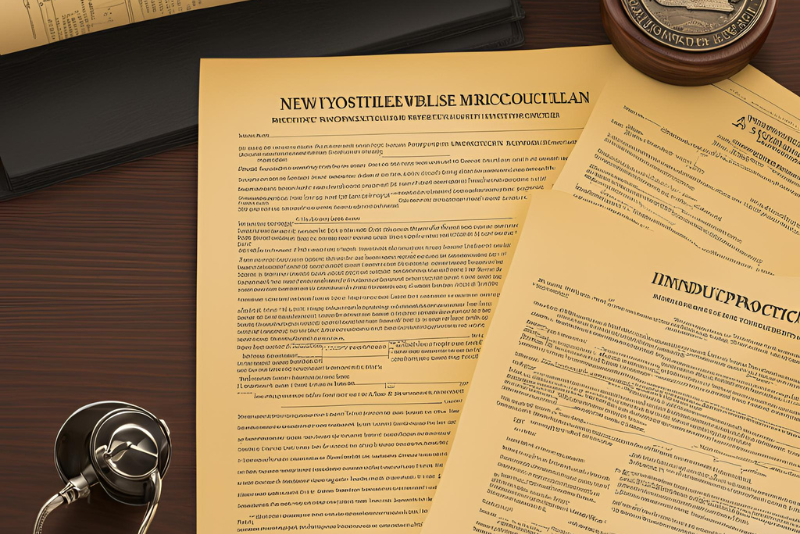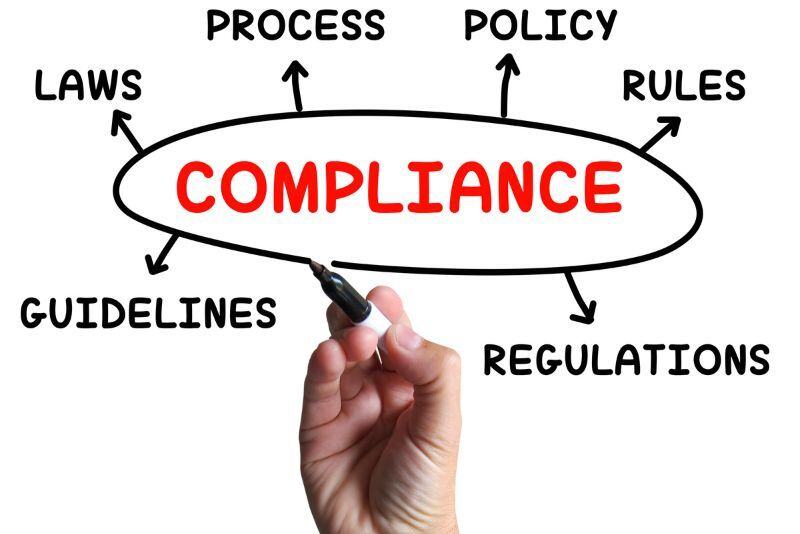Speak Up with Confidence: The Impact of Psychological Safety in the Workplace
Building a Culture of Trust in the Workplace Psychological safety refers to the perception that individuals can express themselves without fear of negative consequences, such as punishment or humiliation, for taking interpersonal risks. In the workplace, it’s a cornerstone of a healthy and thriving workplace culture. When employees feel psychologically safe, they are more likely to share ideas, voice concerns, and contribute to a collaborative and innovative environment.





